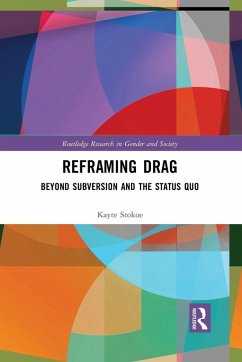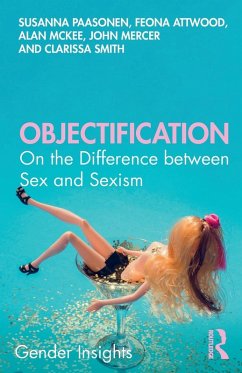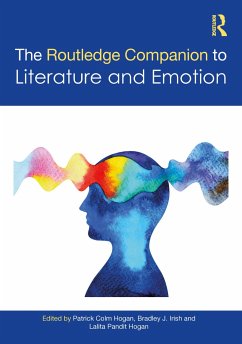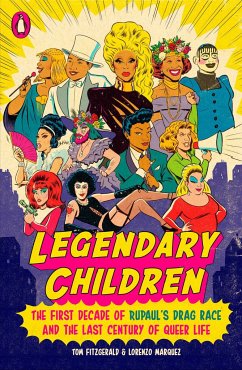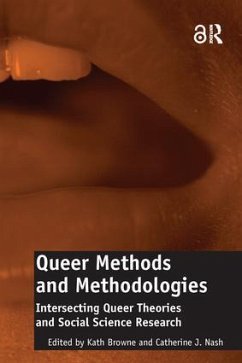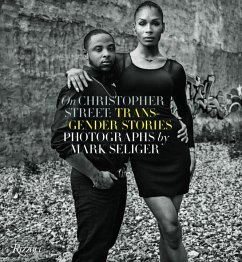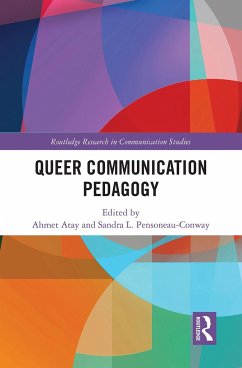
Dragging
Or, in the Drag of a Queer Life
Versandkostenfrei!
Versandfertig in 6-10 Tagen
42,99 €
inkl. MwSt.
Weitere Ausgaben:

PAYBACK Punkte
21 °P sammeln!
Dragging: Or, In the Drag of a Queer Life is an assemblage of fragments that collectively tell stories about a diverse group of artists and activists for whom drag serves as inspiration, method, object, and aim.Methodologically grounded in ethnography, Dragging incorporates auto-theoretical material that lays bare the intimacies of research, teaching, and loving, as well as their painful failures. Drag is more than gender impersonation, and it is more than resistance to norms. It is productively messy and ambivalent, and in these and other ways can serve to attune us to political and aesthetic...
Dragging: Or, In the Drag of a Queer Life is an assemblage of fragments that collectively tell stories about a diverse group of artists and activists for whom drag serves as inspiration, method, object, and aim.
Methodologically grounded in ethnography, Dragging incorporates auto-theoretical material that lays bare the intimacies of research, teaching, and loving, as well as their painful failures. Drag is more than gender impersonation, and it is more than resistance to norms. It is productively messy and ambivalent, and in these and other ways can serve to attune us to political and aesthetic alternatives to the increasingly widespread desire to be led.
One of very few books about drag by an anthropologist, and using a uniquely personal approach, Dragging is an ethnography of artists and activists.
Methodologically grounded in ethnography, Dragging incorporates auto-theoretical material that lays bare the intimacies of research, teaching, and loving, as well as their painful failures. Drag is more than gender impersonation, and it is more than resistance to norms. It is productively messy and ambivalent, and in these and other ways can serve to attune us to political and aesthetic alternatives to the increasingly widespread desire to be led.
One of very few books about drag by an anthropologist, and using a uniquely personal approach, Dragging is an ethnography of artists and activists.





